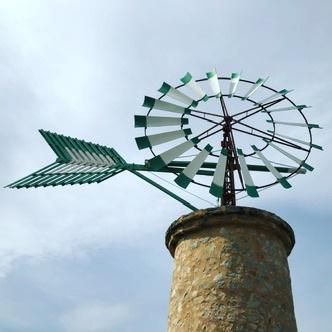In what ways do Catalan language and traditions shape the formation and pronunciation of Mallorcan surnames?
Similar Topics
catalan language influence
mallorcan surnames
catalan pronunciation
balearic islands heritage
surname formation traditions
mallorcan dialect
patronymic naming
cultural identity mallorca
Mallorcan surnames are deeply influenced by the Catalan language, reflecting the island’s historical and cultural ties to the Catalan-speaking regions of Spain. The phonetic characteristics of Catalan shape the way Mallorcan surnames are both formed and pronounced, often featuring sounds typical of the language, such as the soft "ll" and the throaty "r." Surnames frequently retain their original Catalan spelling and pronunciation, which preserves the linguistic heritage intrinsic to the Balearic Islands. This connection to Catalan is a testament to the region’s historical governance and cultural exchanges within the Crown of Aragon, where Catalan was the predominant language.
The traditions and local customs of Mallorca also play a significant role in surname formation. Many Mallorcan surnames derive from geographical features, occupations, or familial lineages, reflecting the close-knit island communities. For instance, surnames might reference specific landmarks or farms, frequently using Catalan words that describe natural elements like mountains, rivers, or agricultural products. The Mallorcan tradition of naming often includes the use of patronymics or matronymics, which are common in Catalan naming conventions, connecting individuals directly to their lineage in a manner that underscores family heritage.
Pronunciation of Mallorcan surnames is often distinct from other Catalan-speaking areas due to subtle regional inflections and intonations unique to the island. The musicality and rhythm of the Mallorcan dialect can lend surnames a particular cadence that both differentiates them and links them to local identity. In day-to-day use and in official documents, these surnames maintain their Catalan roots but can reveal nuances that speak to the island’s social history and enduring commitment to preserving its linguistic traditions. As such, Mallorcan surnames are not just identifiers but encapsulations of a vibrant cultural and linguistic heritage that continues to shape the identity of the island’s inhabitants.
The traditions and local customs of Mallorca also play a significant role in surname formation. Many Mallorcan surnames derive from geographical features, occupations, or familial lineages, reflecting the close-knit island communities. For instance, surnames might reference specific landmarks or farms, frequently using Catalan words that describe natural elements like mountains, rivers, or agricultural products. The Mallorcan tradition of naming often includes the use of patronymics or matronymics, which are common in Catalan naming conventions, connecting individuals directly to their lineage in a manner that underscores family heritage.
Pronunciation of Mallorcan surnames is often distinct from other Catalan-speaking areas due to subtle regional inflections and intonations unique to the island. The musicality and rhythm of the Mallorcan dialect can lend surnames a particular cadence that both differentiates them and links them to local identity. In day-to-day use and in official documents, these surnames maintain their Catalan roots but can reveal nuances that speak to the island’s social history and enduring commitment to preserving its linguistic traditions. As such, Mallorcan surnames are not just identifiers but encapsulations of a vibrant cultural and linguistic heritage that continues to shape the identity of the island’s inhabitants.
🧩 Related Questions
Related Question
Are there any local beverages or wines that are integral to Mallorcan meals?
Related Question
How do Glosadors influence younger generations to appreciate and preserve Mallorcan culture?
Related Question
Can you highlight the achievements of Mallorcan women in individual sports compared to team sports?
